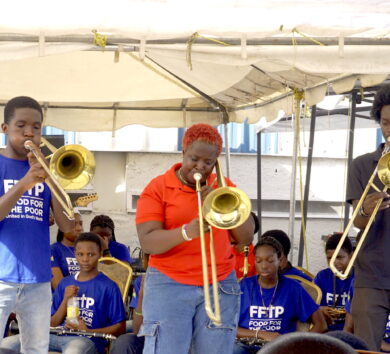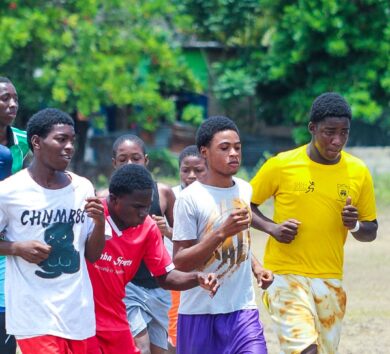

While physical inactivity has long been associated with a host of physical and mental ailments, new research has found that severe COVID-19 outcomes such as hospitalisation and even death are more likely to occur in COVID-19 patients with a history of physical inactivity.
According to research published on Tuesday (April 13) in the British Journal of Sports Medicine, COVID-19 patients who met the World Health Organization’s target of moderate to vigorous physical activity for at least 150 minutes per week, showed significantly lower incidences of hospitalisation, ICU admission, and death due to COVID-19 illness.
On the other hand, COVID-19 patients who were consistently inactive during the two years preceding the pandemic were more likely to be admitted to hospital, to require intensive care, and to die.

In addition, the research also found that persons who exercised less frequently or more inconsistently were still at lower odds for severe COVID-19 outcomes when compared to people who were not active at all.
This is evidence which the study author, Dr Robert Sallis, says “is a wake-up call for the importance of healthy lifestyles and especially physical activity”.
“People who regularly exercise had the best chance of beating COVID-19, while people who were inactive did much worse.”

Outside of its focus on the impact of physical activity on patients who suffered from COVID-19, the study also looked at how other potentially influential factors, such as race, age, sex, and underlying medical conditions influenced outcomes.
Despite this, it still found that not being physically active was a stronger risk factor than any underlying medical condition or other risk factors, with the exception of age and history of organ transplant.
While it is important to note that this study was observational and could not establish cause, as it relied on patients’ own assessment of their physical activity and did not measure exercise intensity, the evidence obtained suggests that physical activity may reduce the risk of poor COVID-19 outcomes.
As a result, the researchers suggest that engaging in regular physical activity might be the “single most important action individuals can take to prevent severe COVID-19 and its complications, including death”.







Comments